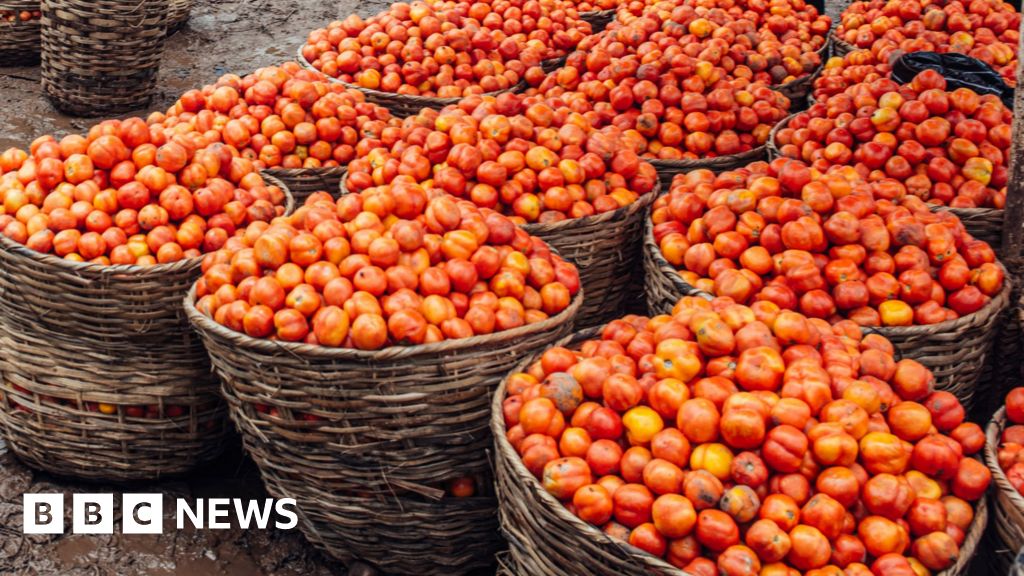Officials in the central region expect the number of casualties to increase as rising waters destroy thousands of homes.
Published On 18 May 2024
At least 50 people have been killed and thousands of homes destroyed following a new bout of heavy rains and flooding in central Afghanistan, the authorities confirmed.
Flash floods caused by torrential seasonal rains have, for weeks, devastated a wide swath of territory across Afghanistan, killing hundreds of people, leaving thousands injured and destroying homes and communities.
At least 50 people were confirmed dead in the province of Ghor, police spokesman Abdul Rahman Badri said on Saturday, adding that he expected the number of casualties to rise.
“These terrible floods have also killed thousands of cattle … They have destroyed hundreds of hectares of agricultural land, hundreds of bridges and culverts, and destroyed thousands of trees,” he said.
According to preliminary reports, dozens of people were missing, said Abdul Wahid Hamas, spokesman for Ghor’s provincial governor.
Mawlawi Abdul Hai Zaeem, head of the information department for Ghor, said the latest wet spell began on Friday, cutting off many key roads to the area.
He said that 2,000 houses were completely destroyed, 4,000 partially damaged and more than 2,000 shops were under water in the province’s capital, Firoz Koh.
Last week, the Taliban’s Ministry for Refugees said the death toll from flooding in northern Afghanistan had risen to 315, with more than 1,600 people injured.
Afghanistan is prone to natural disasters and the United Nations considers it one of the countries most vulnerable to climate change.
On Wednesday, a helicopter used by the Afghan Air Force crashed due to “technical issues” during attempts to recover the bodies of people who had fallen into a river in Ghor, killing one person and injuring 12 people, the Ministry of Defence said.
People displaced in earlier floodings were lacking adequate humanitarian aid. Survivors have been left with no home, no land, and no source of livelihood, the United Nations World Food Programme (WFP) said.
Most of Baghlan, the worst-hit province in the north, was “inaccessible by trucks,” said the WFP.
Source
:
Al Jazeera and news agencies

 7 months ago
35
7 months ago
35









